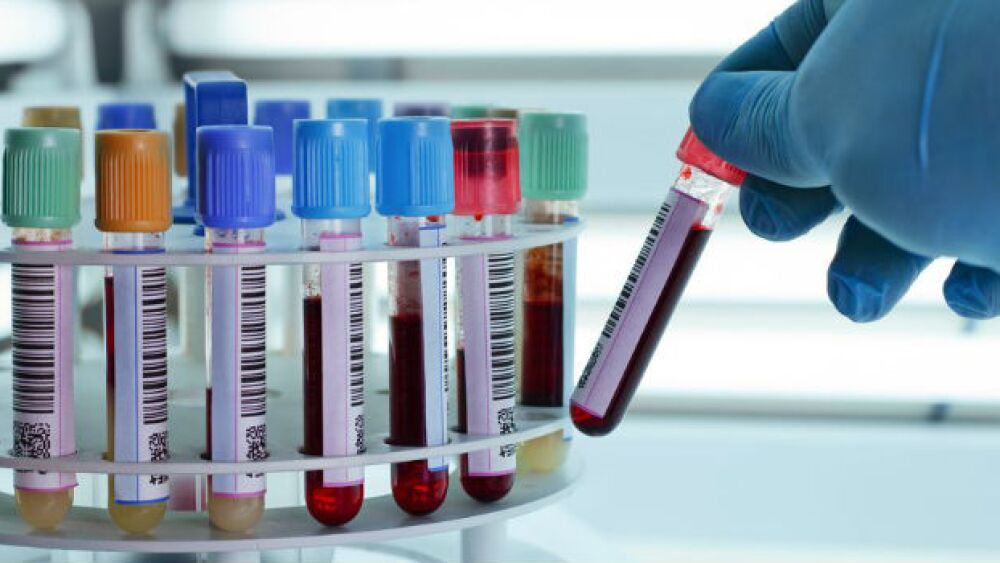As the country continues to grapple with the opioid epidemic, researchers have developed a new test that can measure pain biomarkers in the blood. The test is believed to provide doctors with an objective understanding of how much pain a patient could actually be experiencing.
As the country continues to grapple with the opioid epidemic, researchers have developed a new test that can measure pain biomarkers in the blood. The test is believed to provide doctors with an objective understanding of how much pain a patient could actually be experiencing.
The test, developed by the Indiana University School of Medicine, uses biomarkers in the blood to not only gain an objective understanding of a patient’s pain levels, but also provide a better long-term look at a patient’s medical future. First reported by ScienceDaily, the researchers published their data in Molecular Psychiatry after tracking the data of hundreds of patients.
As ScienceDaily reported, the biomarkers examined in the study reflected the severity of the pain a patient is feeling. These biomarkers can then be used by doctors to prescribe treatments for the pain levels, which could change the way opioid painkillers are prescribed to people.
Alexander Niculescu, a psychiatry professor at the university and study leader, told ScienceDaily that developing a test that can provide an objective measure of pain levels in patients is important. Until the development of this test, Niculescu said doctors have had to “rely on patients self-reporting” or through a clinical impression the doctor has, in regards to the amount of pain a patient might be experiencing.
“When we started this work it was a farfetched idea. But the idea was to find a way to treat and prescribe things more appropriately to people who are in pain,” Niculescu told the publication.
As people across the country are grappling with the opioid epidemic, Niculescu told ScienceDaily that there has never been a more important time to develop such a test. According to the U.S. Department of Health and Human Services, 116 Americans die daily from opioid overdoses.
According to the report, the Indiana University blood test not only uses biomarkers in the blood to provide an objective measure of pain, but it can also match those biomarkers with potential treatment options. It uses a prescription database to indicate which pain killers are more effective against those particular biomarkers, ScienceDaily said. Describing the biomarkers as a fingerprint, Niculescu said the test allows physicians to match them against the drugs in the database and see which compound “would normalize the signature.”
“We found some compounds that have been used for decades to treat other things pair the best with the biomarkers. We have been able to match biomarkers with existing medications, or natural compounds, which would reduce or eliminate the need to use the opioids,” Niculescu said.
Additionally, ScienceDaily said the researchers discovered biomarkers have the potential to predict when someone might experience pain in the future. Those biomarkers can determine if a patient is facing chronic, long-term pain that would require additional treatment, the report said.





